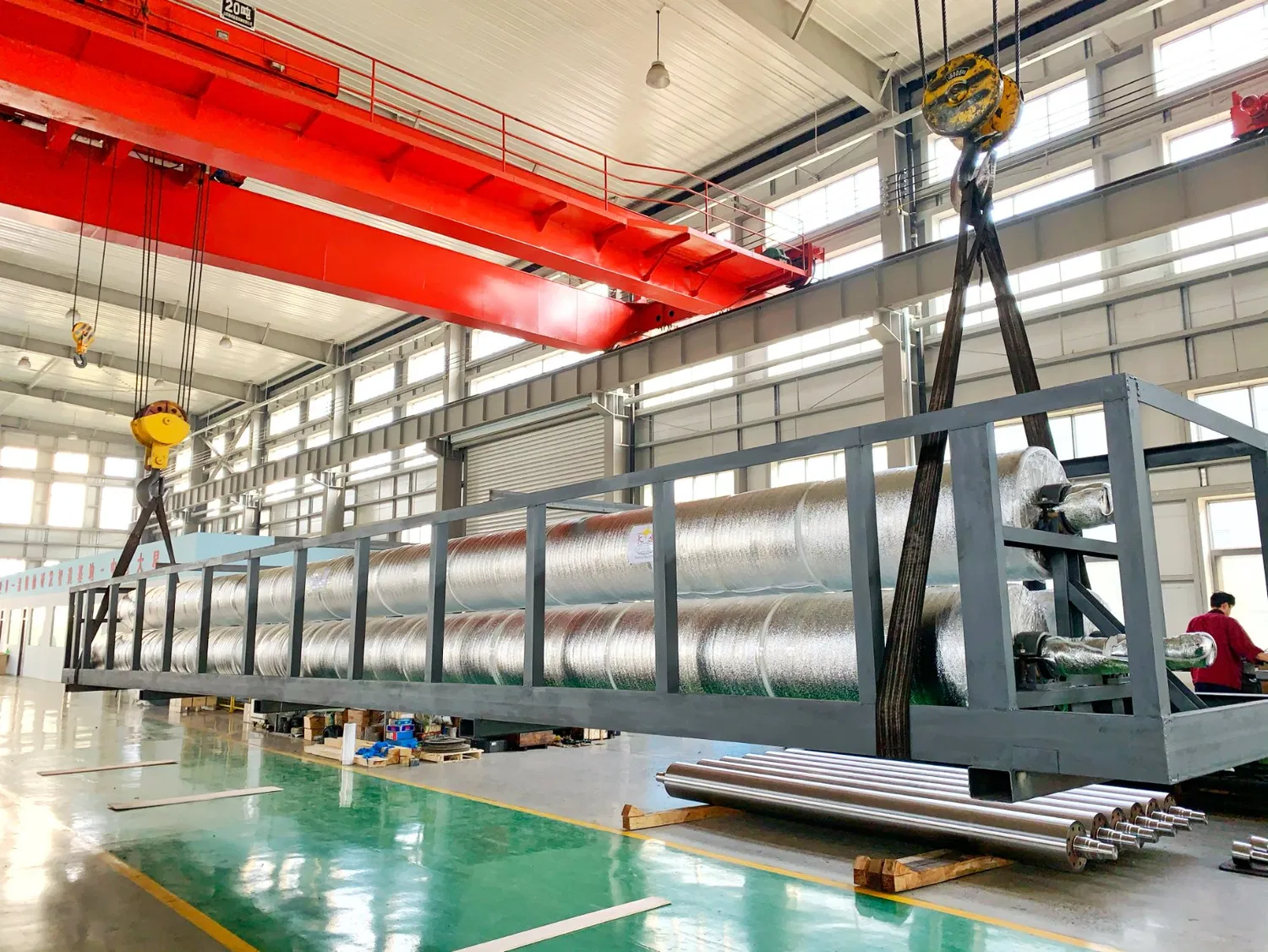Understanding the Role of Paper Machine Rolls
Paper machine rolls are an essential component of any paper production line. They perform various functions, such as guiding, supporting, and drying the paper web, which significantly impact the final product's quality. By selecting the appropriate roll for your specific needs, you can optimize your production line's efficiency and output.
Factors to Consider When Choosing a Paper Machine Roll
When selecting a paper machine roll, there are several factors to consider, including:
- Roll Type: Different rolls serve different purposes. For instance, press rolls aid in dewatering, calendar rolls smooth the paper surface, and guide rolls maintain web tension and alignment.
- Material: Rolls are typically made of cast iron, steel, or composite materials. The choice of material depends on factors such as the roll's function, operating temperature, and the type of paper being produced.
- Size and Dimensions: The roll's diameter, face length, and shell thickness should match your production line's specifications to ensure proper function and compatibility.
- Surface Finish: The roll's surface finish can affect paper quality, with options ranging from smooth to patterned or embossed finishes.
Consulting with Paper Machine Roll Manufacturers
To make an informed decision, consult with reputable paper machine roll manufacturers. They can provide valuable insights and guidance based on their expertise and experience. Furthermore, they can offer customized solutions tailored to your unique production requirements.
Regular Maintenance and Inspection
Regular maintenance and inspection of your paper machine rolls are crucial to ensuring optimal performance and longevity. Schedule routine checks for wear, corrosion, or damage, and address any issues promptly to prevent unnecessary downtime and costly repairs.
Conclusion
Choosing the right paper machine roll for your production line is a critical decision that can significantly impact your operation's efficiency and productivity. By considering factors such as roll type, material, size, and surface finish, and consulting with industry experts, you can make an informed choice that best meets your needs. Additionally, regular maintenance and inspection will help keep your rolls in top condition, ensuring consistent paper quality and minimizing downtime.



